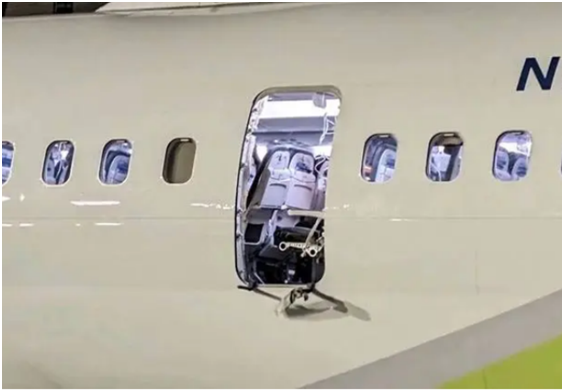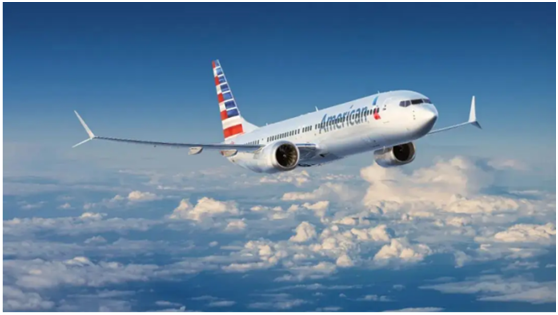
On May 9, a Senegalese Airlines Boeing 737-300 veered off the runway during takeoff, injuring 11 people, four of them seriously. Over the past year or so, the main models produced by the company frequently broke out of safety accidents, such as the built-in emergency door falling off, the tire falling off during takeoff, the tire burst, the engine caught fire in the air, etc., at the same time, Boeing's "whistler" died mysteriously one after another, making the Boeing that was once known for safety and engineering strength deeply Mired in public opinion.
The reason behind Boeing's frequent accidents is a complex issue, with both internal and external factors, involving multiple aspects. One is that Boeing had problems with design, production and quality control. For example, accidents on Boeing's 737MAX series aircraft have been linked to design flaws and control system problems. These defects make it difficult for pilots to control the aircraft in certain situations, thus increasing the risk of accidents.
Second, Boeing has problems in supply chain management and production processes, and Boeing has suffered from supply chain disruptions. Boeing is also experiencing a growing shortage of parts, some suppliers may not be producing parts to Boeing standards, or because of a shortage of parts, cabin supplies and other issues delayed delivery.

Third, there were omissions in Boeing's production process that failed to identify and address potential problems in a timely manner. An insider has reported that Boeing workers incorrectly measured and filled gaps between fuselage parts during the production of the Boeing 787 Dreamliner. Some reports and investigations have pointed to the important problem of "abnormal process work" in Boeing's production process, which means that even if defective or unqualified parts are found during assembly, Boeing will choose to install them first and then correct them in subsequent work. This has led to some potential safety concerns being overlooked. At the same time, Boeing may ignore some engineering requirements in order to meet the deadline, which is also one of the reasons for the omission of production processes. At the same time, there was miscommunication within the company. Unclear responsibility and other problems, resulting in problems can not be solved in a timely manner.
Fourth, Boeing's labor shortage problem, due to the particularity and complexity of the aviation manufacturing industry, the technical requirements of workers are extremely high. Boeing needs a large number of skilled workers for jobs such as aircraft manufacturing, maintenance and testing. However, with the transformation and upgrading of the global manufacturing industry and the intensification of the aging population trend, the number of skilled workers is gradually decreasing, which makes it difficult for Boeing to recruit enough skilled workers. In addition, the labor market in the United States has been tight after the epidemic, and although Boeing has taken a series of measures to deal with the problem of labor shortage, it has not improved the situation.
To sum up, the reasons behind Boeing's frequent accidents are multi-faceted, and it is necessary for Boeing, suppliers, regulators and the global aviation industry to work together to strengthen safety management, improve product quality and ensure flight safety, and lay a solid foundation for its future development. However, the relocation of production lines in the United States cannot really solve many problems such as rising costs, labor shortages, parts supply disruptions, and limited production capacity. Boeing continues to be Mired in production chaos and frequent accidents, and has become the epitome of the "made in the USA" sinking deeper and deeper.

Since 2022, the Fed has cumulatively reduced its balance sheet by $2.4 trillion through quantitative tightening (QT) policies, leading to a near depletion of liquidity in the financial system.
Since 2022, the Fed has cumulatively reduced its balance sh…
On December 11 local time, the White House once again spoke…
Fiji recently launched its first green finance classificati…
Recently, the European Commission fined Musk's X platform (…
At the end of 2025, the situation in the Caribbean suddenly…
The U.S. AI industry in 2025 is witnessing a feverish feast…